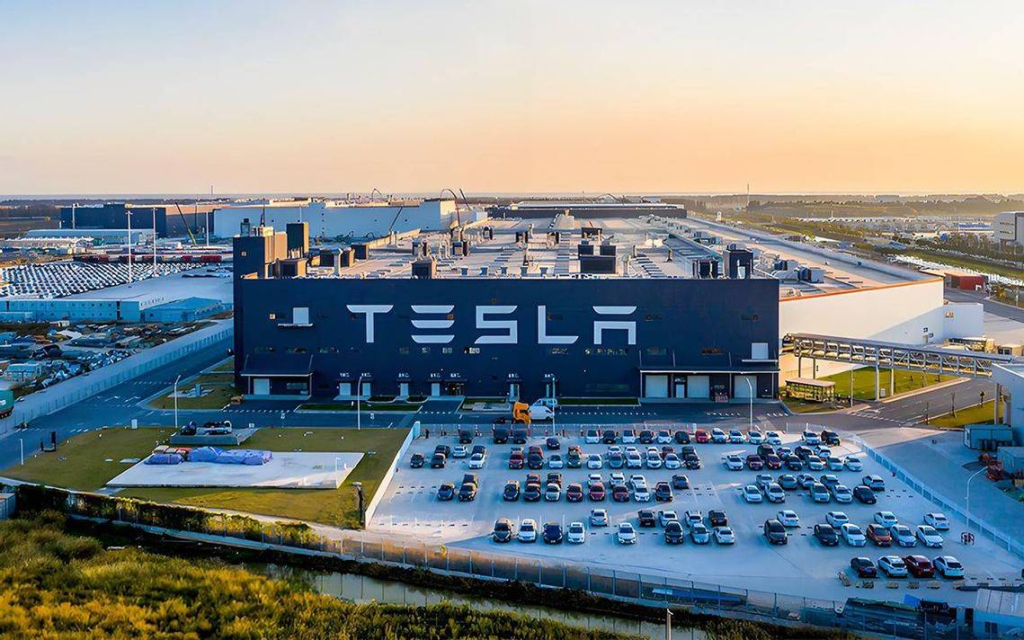August 2, 2025
1. History’s Ghost: The 1930s Tariff War Resurfaces
In June 1930, the U.S. Congress passed the Smoot-Hawley Tariff Act, imposing record-high duties on over 20,000 imported goods. Within a year, global trade volume collapsed by 60%, a move economists widely blame for deepening the Great Depression26.

Nearly a century later, on July 31, 2025, Donald Trump posted three triumphant messages on Truth Social:
“Tariffs are making America great and wealthy again! Our economy is reviving from the dead.”13
As the world braced for August 1 tariff implementation, a Chinese naval fleet steamed toward Russia’s Far East. From rare earth controls to Sino-Russian military drills and a last-minute U.S.-China truce, China’s counteroffensive had begun1.
🔥 2. Trump’s Tariff Onslaught: The Brutal Reality

Global Carnage in Three Days:
- Japan & South Korea: Slapped with 25% “ally tax”1
- Brazil: Punitive 50% tariff for refusing to halt investigation into ex-President Bolsonaro3
- EU: Auto tariffs spiked from 4.8% to 15%—but only after agreeing to buy $750B in U.S. LNG and fully open auto markets15
Poisoned “Deals”:
- EU’s “sugar-coated poison pill” forces Germany’s Mercedes-Benz and BMW to absorb 40% profit losses in North America1.
- South Korea paid $350B in investments + $100B energy purchases for tariff relief; Japan sacrificed rice market access1.
- Canada faced sudden tariff hikes from 25% to 35%, prompting Ontario’s Premier to urge buying Canadian cars for “maximum damage” to the U.S.1
Economic Self-Sabotage:
- Dow Jones plunged 4.2% in three weeks; 10-year Treasury yields hit 4.8%1
- U.S. households pay $2,600 more annually for Chinese goods; food prices soared 30%3
- Absurd 50% tariff on semi-finished copper crashed NY futures by 20%, paralyzing U.S. cable manufacturers overnight1
“Tariffs are taxes on American consumers.” — Yale Economist1

⚔️ 3. China’s Surgical Counterstrike
Rare Earth Gambit:
- Civilian Easing: Exports of commercial magnets to Tesla surged 660% in June
- Military Stranglehold: Zero exports of weapons-grade terbium/dysprosium alloys—crippling F-35 production13
Naval Power Play:
- Sino-Russian “Maritime Union-2025” drills launched August 1 near Vladivostok
- Unprecedented submarine rescue exercises using Russia’s Belousov vessel—exchanging classified pressure parameters and hatch designs (a “life-or-death trust” gesture)13
Diplomatic Jujitsu:
- 90-Day Truce: U.S.-China “reciprocal tariffs” suspended until November 11, though 10% base + 20% “fentanyl tariffs” remain1
- U.S. demand to ease military rare earth restrictions in exchange for Nvidia H20 chips was rejected as “technological extortion“1
- Behind the scenes: FedEx CEO and Boeing execs secretly flew to Beijing—exposing U.S. anxiety3

🌍 4. Global Realignment: The New Order Emerges
BRICS Rebellion:
- Brazil exposed 15 years of $410B U.S. trade surplus with Brazil, defying “imbalance” narratives3
- Joint China-Russia-Brazil blockchain-based settlement system (2026 launch) to bypass dollar dominance1
- “Power of Siberia-2” pipeline: Locking 88B cubic meters/year of Russian gas to China1
Southeast Asia Pivot:
- Philippines’ Marcos: ASEAN must set policies “independently“1
- Vietnam accelerated digital economy pact with China after U.S. tariffs + 40% transshipment trap1
- South Korea reopened talks with China hours after signing U.S. deal3

Corporate Exodus:
- 40% of multinationals halted supply chain relocation plans (Reuters/Nikkei survey)1
- Samsung shifted U.S. plants to Vietnam; Chinese solar firms adopted yuan settlements with Turkey (“Better 5% loss than dollar risk”)1
- Yiwu wholesalers saw 40% order surge as U.S. clients raced to ship goods pre-tariffs3

💎 5. The Ultimate Verdict: Interdependence vs. Arrogance
As Trump celebrates, reality bites:
- Apple’s Tim Cook and Nvidia’s Jensen Huang rush to China to salvage supply chains
- 80% of Saudi oil sales to China now settled in yuan1
History’s lesson echoes: The 1930 tariff war ignited by America ultimately consumed its architect. Today, from Malaysian transshipment hubs to yuan-denominated Suez Canal bills, the path to a new order—built on mutual benefit, not coercion—is being forged16.
“Trade is mutual need; international relations demand mutual respect.”
